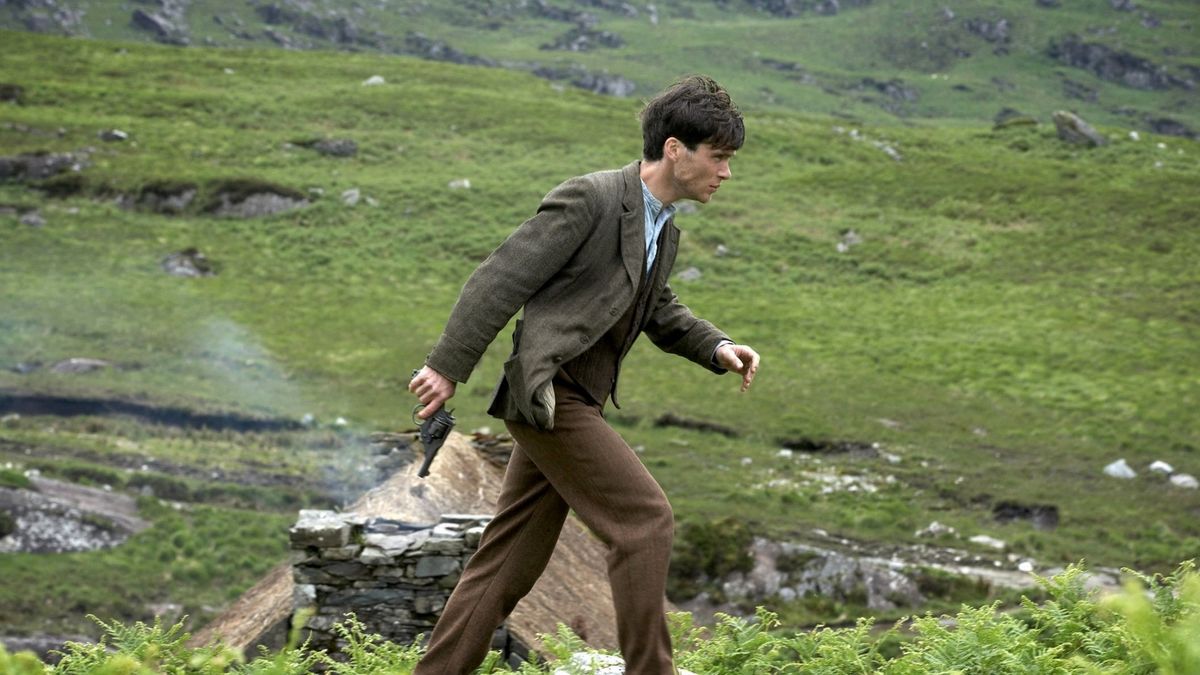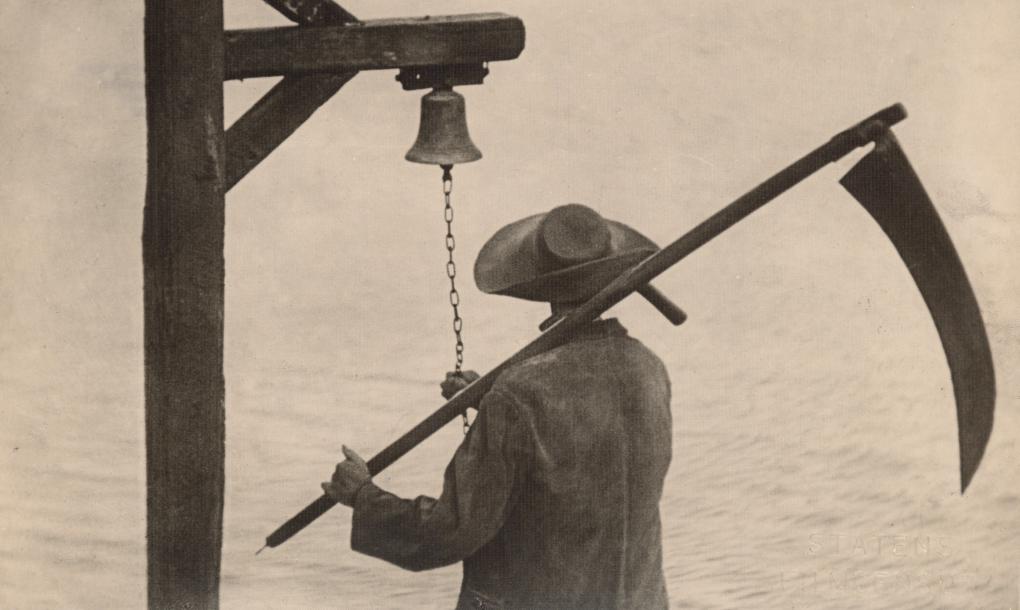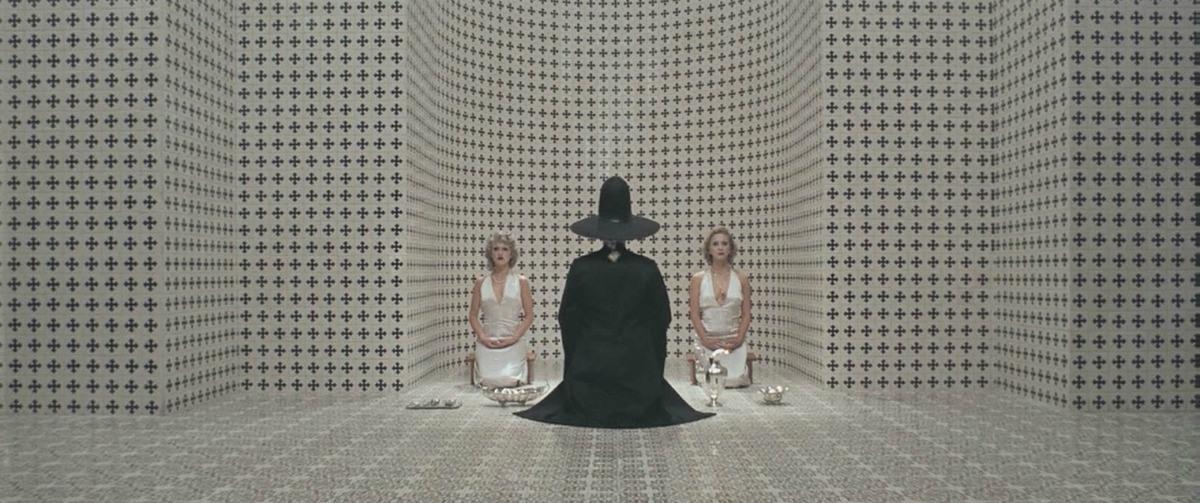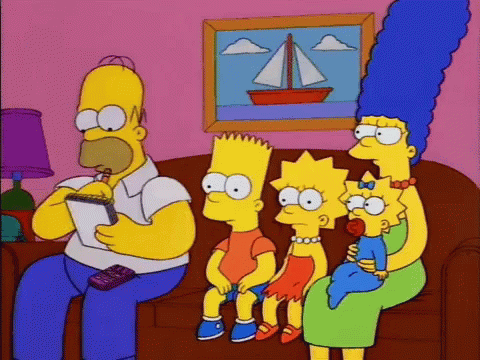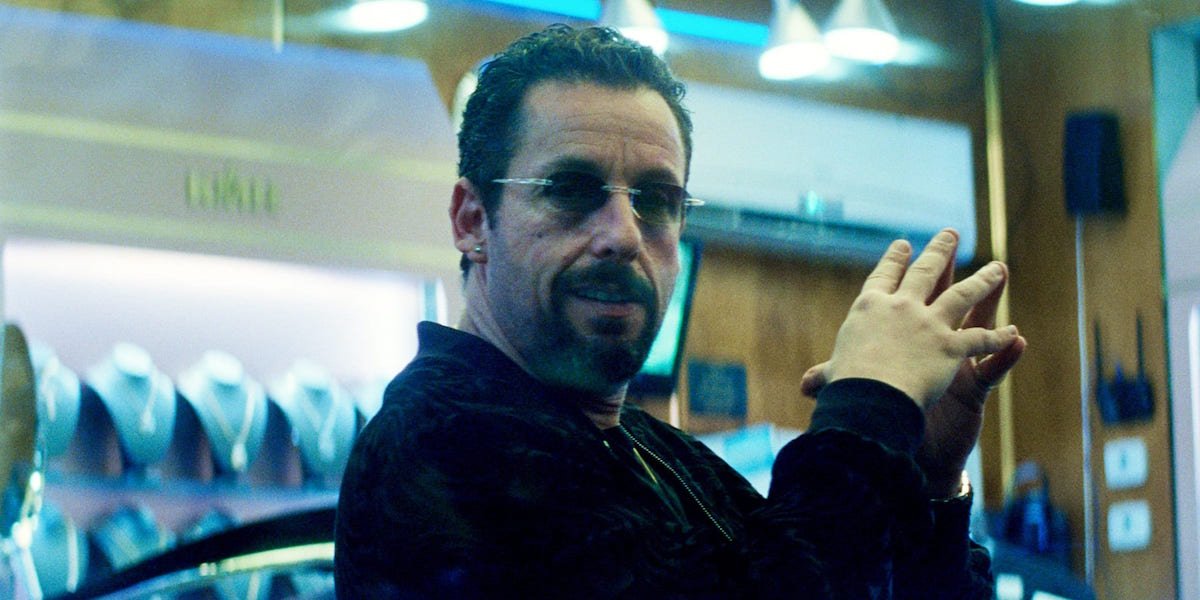- Joined
- May 19, 2014
- Messages
- 7,422
- Reaction score
- 1,090
Land and Freedom (1995)

Ken Loach film about David Carne (played by Ian Hart), a young Liverpudlian Communist Party Member who joins the republicans to fight Franco in the Spanish Civil War. When he first arrives in Spain Carne falls in with the POUM (an anti-Stalinist communist party) and their small militia. Initially we can see a strong spirit of solidarity on the republican side from civilians and fighters alike (for example a ticket inspector lets Carne off without a ticket because he has come to fight). We follow Carne throughout the film as he slowly becomes more experienced and learns the ropes within the Republican movement, eventually becoming a hardened fighter. There are some early successes by the POUM Militia at defeating the Fascists and initially things seem positive. However, the main focus of the film is on the in-fighting amongst different Lefitists and the way in which this debilitates the overall Republican war effort. There is an excellent scene in the middle in which the taking of a town - a big victory - quickly descends into an intense and heated ideological debate amongst those arguing for radical reform and communisation of land, versus those who argue for a more restrained approach. It is a very powerful and effective scene, which sets up the final third in which we see the Republicans fighting each other nearly as much as Franco. There is pressure from the Stalinist/Comintern aligned majority faction to re-organise the Republican forces into a "proper" professional army. Initially Carne joins the International Brigade (he is after all a Communist Party member, and believes it is the best way to keep a united front against the Fascists). However, Carne eventually becomes even disillusioned entirely due to the things he witnesses. The repression of the POUM by the Stalinist elements within the Spanish Left is the crux on which the film turns. It is therefore a kind of tragedy, in which Stalinist repression and internecine fighting amongst the Republicans played a huge part in preventing a Fascist victory. All in all, a nicely simple and well-told story which carries a strong emotional message. It's a wonder that more films haven't touched on the Spanish Civil War in all honesty.
The framing device used for the story is that of Carne's death as an old man, alone in his flat (with National Front and Anti-National Front graffiti spray painted on the walls outside, connecting the struggle to more recent times), his letters and various other papers from the time are then discovered by his granddaughter with the events unfolding as a kind of flashback. At Carne's graveside, she reads a William Morris poem she found in Carne's papers gives a close-hand salute perhaps suggesting hope for the future of the struggle.

Ken Loach film about David Carne (played by Ian Hart), a young Liverpudlian Communist Party Member who joins the republicans to fight Franco in the Spanish Civil War. When he first arrives in Spain Carne falls in with the POUM (an anti-Stalinist communist party) and their small militia. Initially we can see a strong spirit of solidarity on the republican side from civilians and fighters alike (for example a ticket inspector lets Carne off without a ticket because he has come to fight). We follow Carne throughout the film as he slowly becomes more experienced and learns the ropes within the Republican movement, eventually becoming a hardened fighter. There are some early successes by the POUM Militia at defeating the Fascists and initially things seem positive. However, the main focus of the film is on the in-fighting amongst different Lefitists and the way in which this debilitates the overall Republican war effort. There is an excellent scene in the middle in which the taking of a town - a big victory - quickly descends into an intense and heated ideological debate amongst those arguing for radical reform and communisation of land, versus those who argue for a more restrained approach. It is a very powerful and effective scene, which sets up the final third in which we see the Republicans fighting each other nearly as much as Franco. There is pressure from the Stalinist/Comintern aligned majority faction to re-organise the Republican forces into a "proper" professional army. Initially Carne joins the International Brigade (he is after all a Communist Party member, and believes it is the best way to keep a united front against the Fascists). However, Carne eventually becomes even disillusioned entirely due to the things he witnesses. The repression of the POUM by the Stalinist elements within the Spanish Left is the crux on which the film turns. It is therefore a kind of tragedy, in which Stalinist repression and internecine fighting amongst the Republicans played a huge part in preventing a Fascist victory. All in all, a nicely simple and well-told story which carries a strong emotional message. It's a wonder that more films haven't touched on the Spanish Civil War in all honesty.
The framing device used for the story is that of Carne's death as an old man, alone in his flat (with National Front and Anti-National Front graffiti spray painted on the walls outside, connecting the struggle to more recent times), his letters and various other papers from the time are then discovered by his granddaughter with the events unfolding as a kind of flashback. At Carne's graveside, she reads a William Morris poem she found in Carne's papers gives a close-hand salute perhaps suggesting hope for the future of the struggle.




